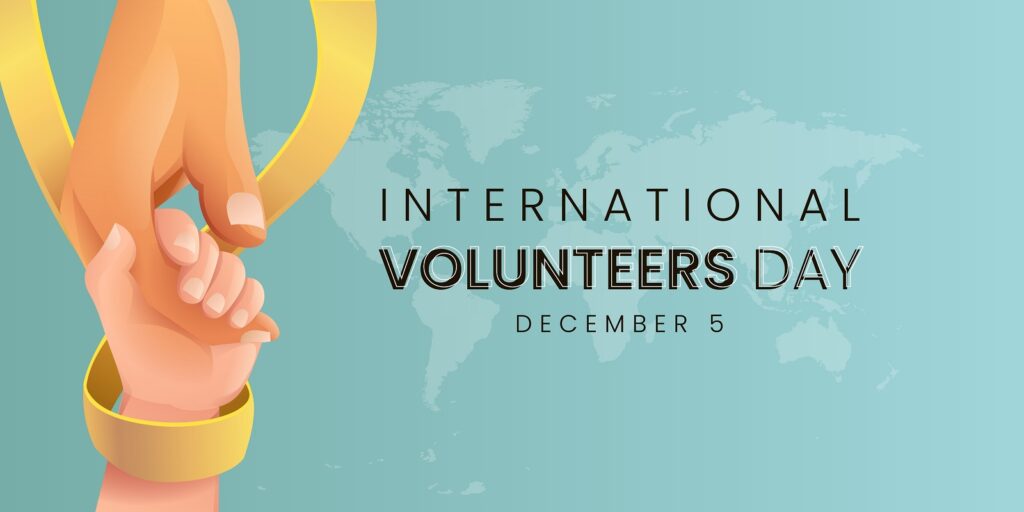
At BUSY Health, on International Volunteer Day (5th December) we honour and celebrate the volunteers that make our community a better place. It’s estimated that 5.8 million Australians or 31 per cent of the population are involved in volunteering, making an estimated annual contribution of $290 billion to our economic and social good.
The Benefits of Volunteering
Being a volunteer has lots of benefits, bringing meaning and purpose to lives by providing:
- feelings of accomplishment, achievement, purpose and self-worth;
- a sense of feeling a part of a community;
- a conduit to give back while enhancing your own self-esteem and confidence;
- opportunities to share talents and learn new skills; and
- greater connection and a sense of being valued by others.
Recognising the Impact of Stress on our Volunteers
While volunteering is overwhelmingly a positive pursuit, it can at times become stressful. These stressors can come from:
- frustration at limitations in the support that one can provide, often due to lack of resources available;
- boundary blurring between volunteer, work or family commitments creating life conflicts;
- excessive demands, be they with respect to responsibilities, time demand, role demands, or the demands we put on ourselves with our expectations;
- unequal distribution of demands across volunteers;
- difficulties working with other stakeholders;
- structural, hierarchical or cultural pressures within some volunteer organisations;
- witnessing trauma or experiencing vicarious trauma; and
- living a constantly ‘time-poor’ life running from one commitment to the next.
Expectations, Role Boundaries and Self-Care: Looking after our Volunteers
A key step in creating sustainability of involvement amongst volunteers is acknowledging the load they carry and the need for self-care to manage their exposure to stressors in volunteering environments. Key considerations to reduce stress include:
- creating reasonable expectations for yourself and other volunteers from the start;
- anticipate the foreseeable stressors you and other volunteers will be exposed to and plan ahead for these;
- know your boundaries and limits, recognise the other important domains in your life and be prepared to say “no” – don’t wait for conflict or it to become ‘too much’;
- connect with others by resisting the desire to isolate yourself;
- get active as any form of physical activity can act as a stress reliever;
- make time to eat a healthy diet – time poor volunteers can sometimes fall into habits of eating for convenience rather than nutrition;
- give mindfulness or meditation a try to quiet the mind if you’re finding your thoughts jumbled or crowded;
- reconnect with your values and your motivation to volunteer in the first place; and
- build support, meaning, fun, goals and recognition into volunteering – it should be rewarding to be part of it!
BUSY Health provide training and consultancy as well as individual support across areas like:
- managing stress and building resilience;
- creating healthy boundaries;
- dealing with vicarious stress and cumulative exposure to trauma;
- foundations of self-care;
- goal setting;
- work and personal life integration;
- team performance;
- optimised role and team design;
- building psychologically safe teams and organisations; and
- foundations of sustainable volunteering.
If you’d like to talk with our team about supporting volunteers or you’re a volunteer and could use support along the way, call BUSY Health on 1800 270 984 to see how we can help.
Article contributed by BUSY Health counsellor, Max Rankin.
